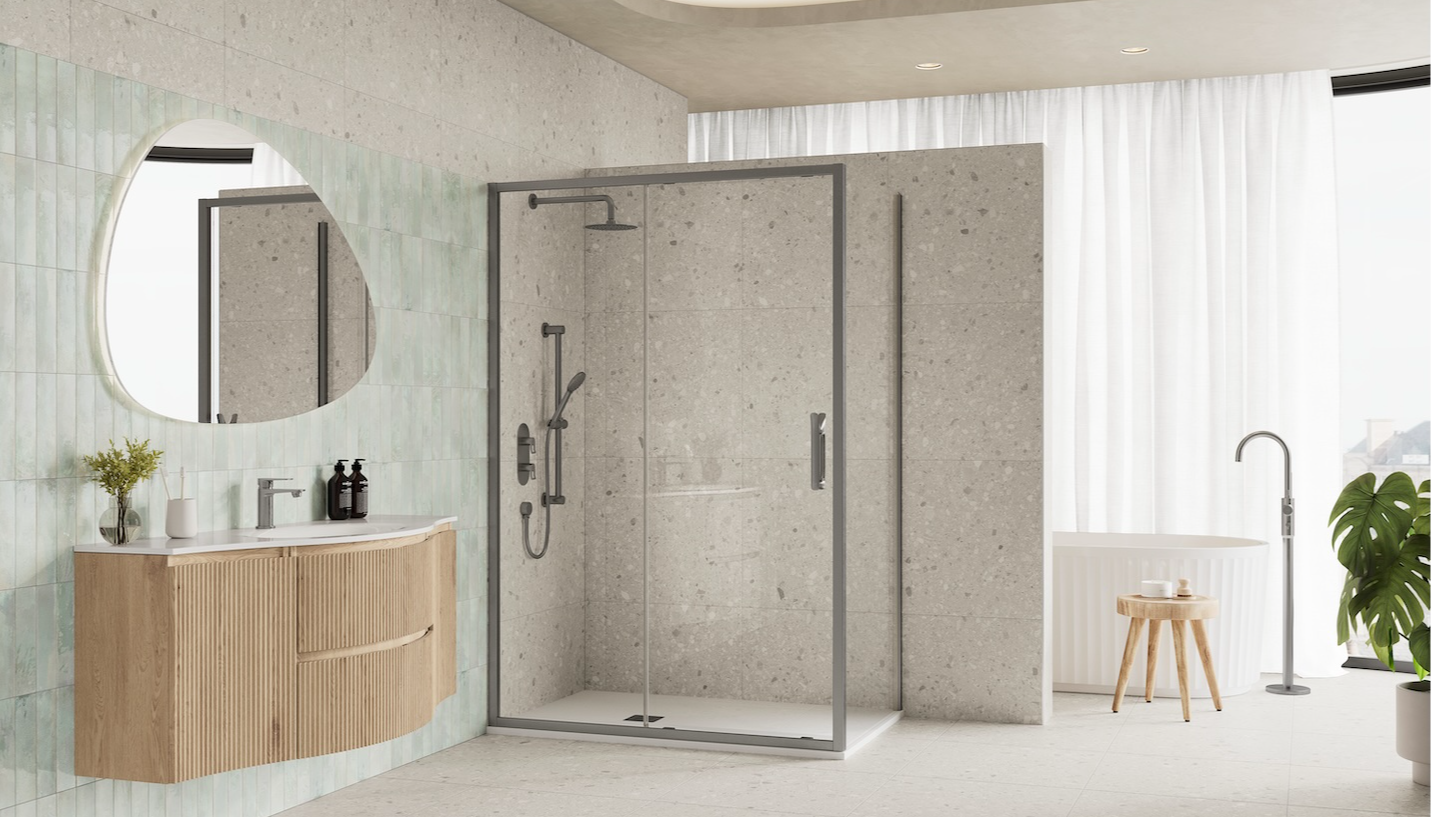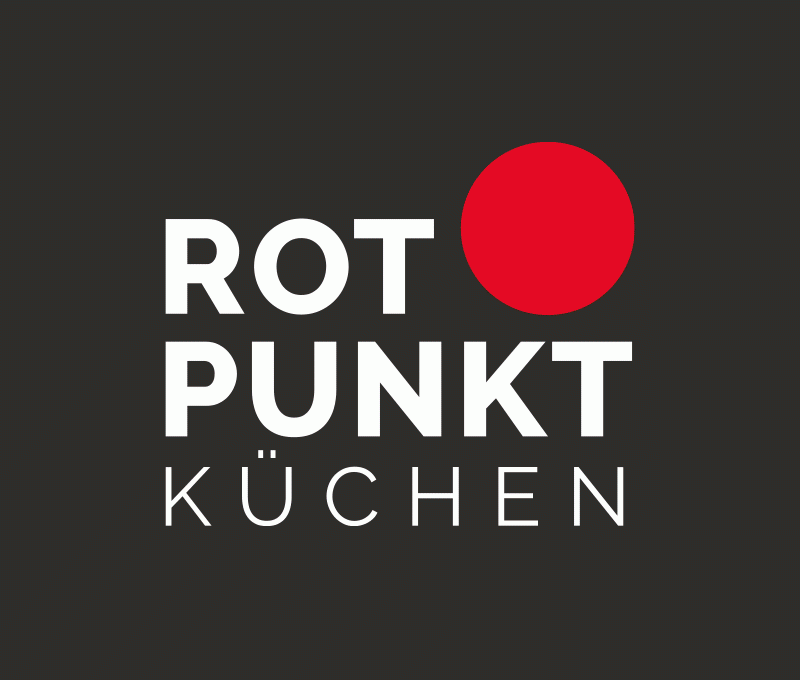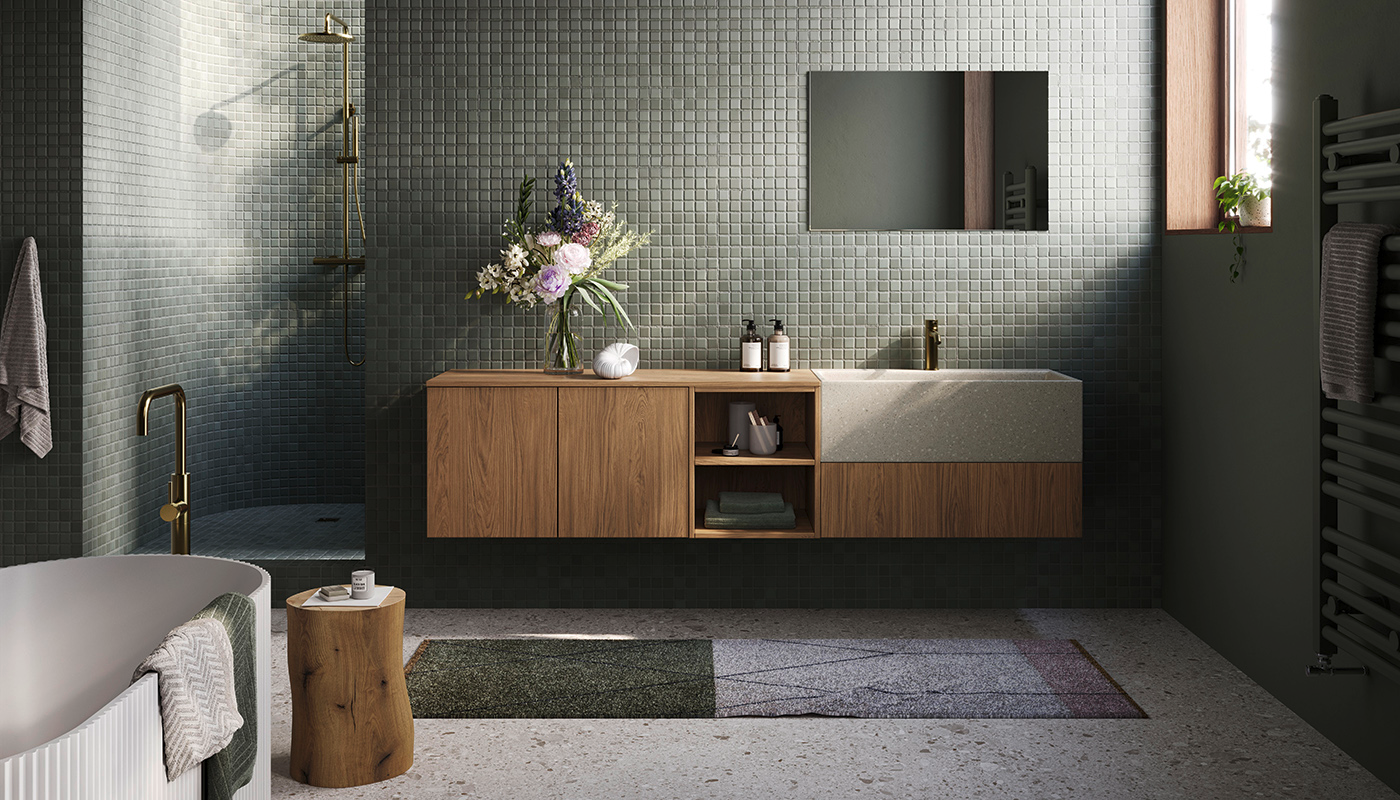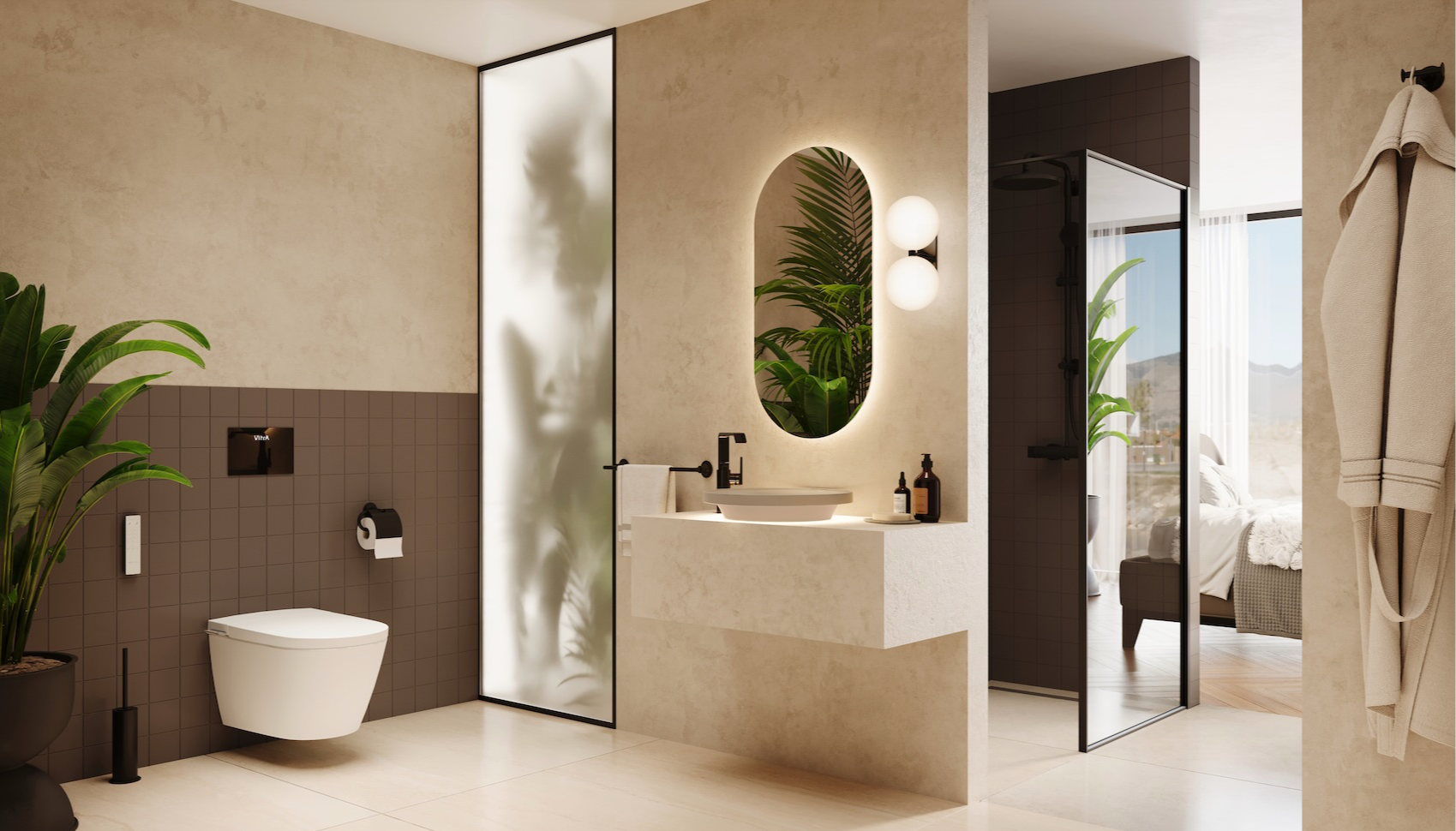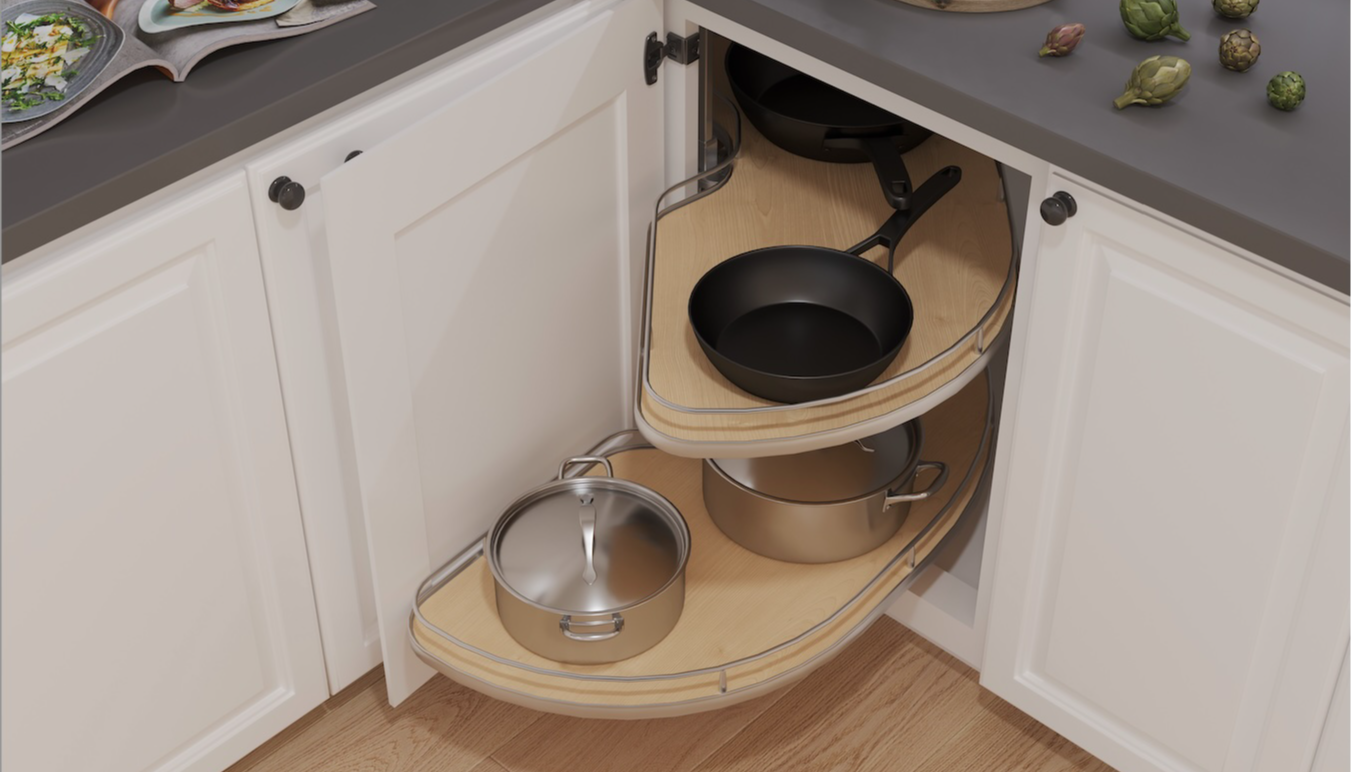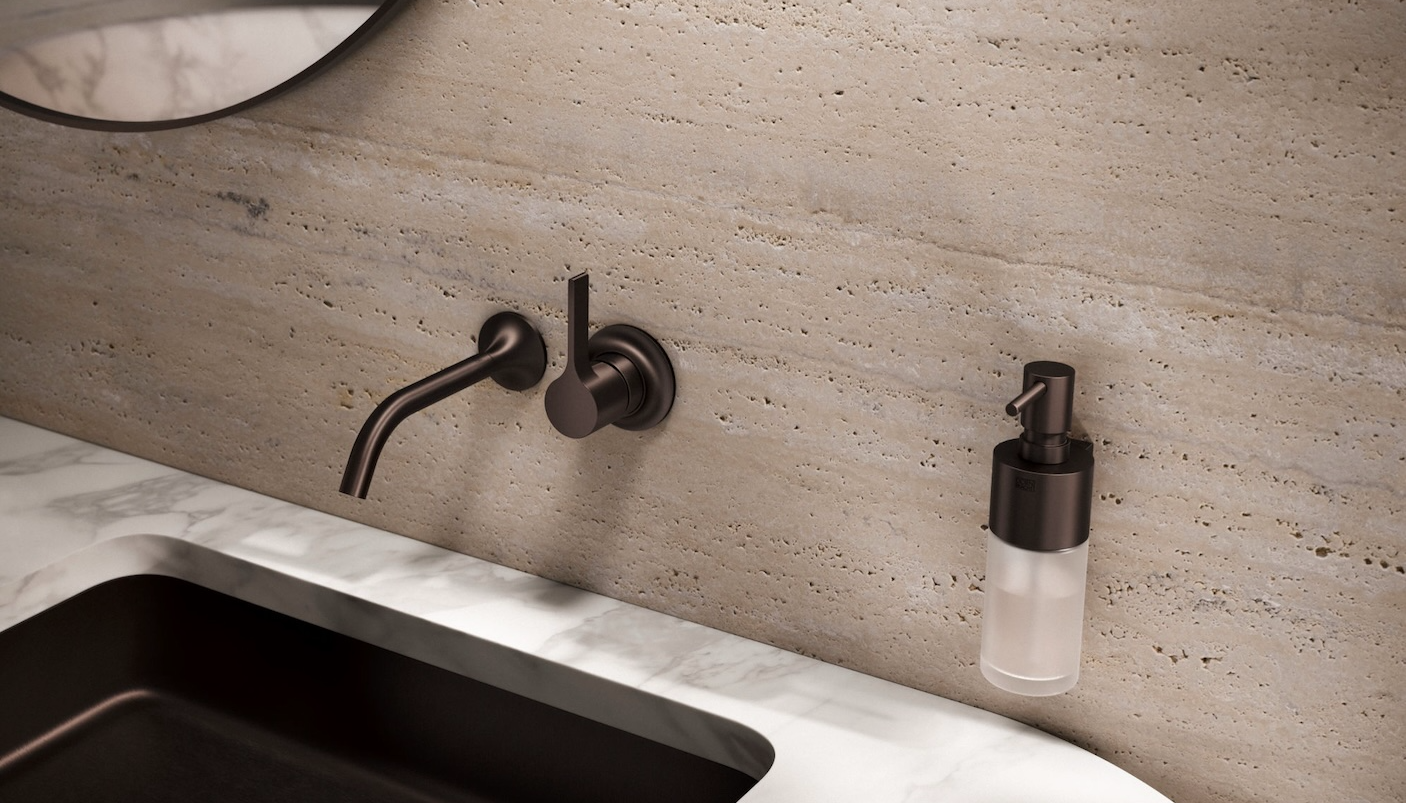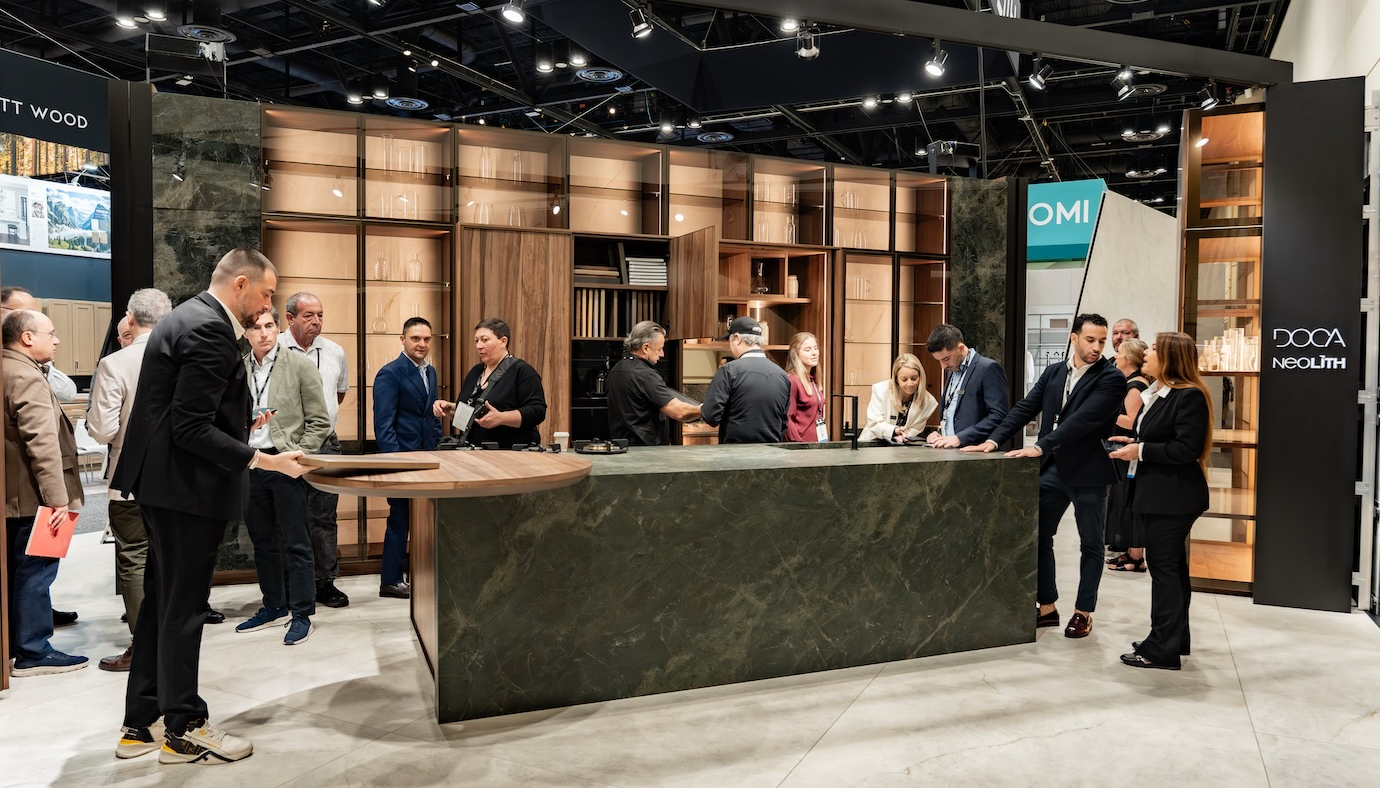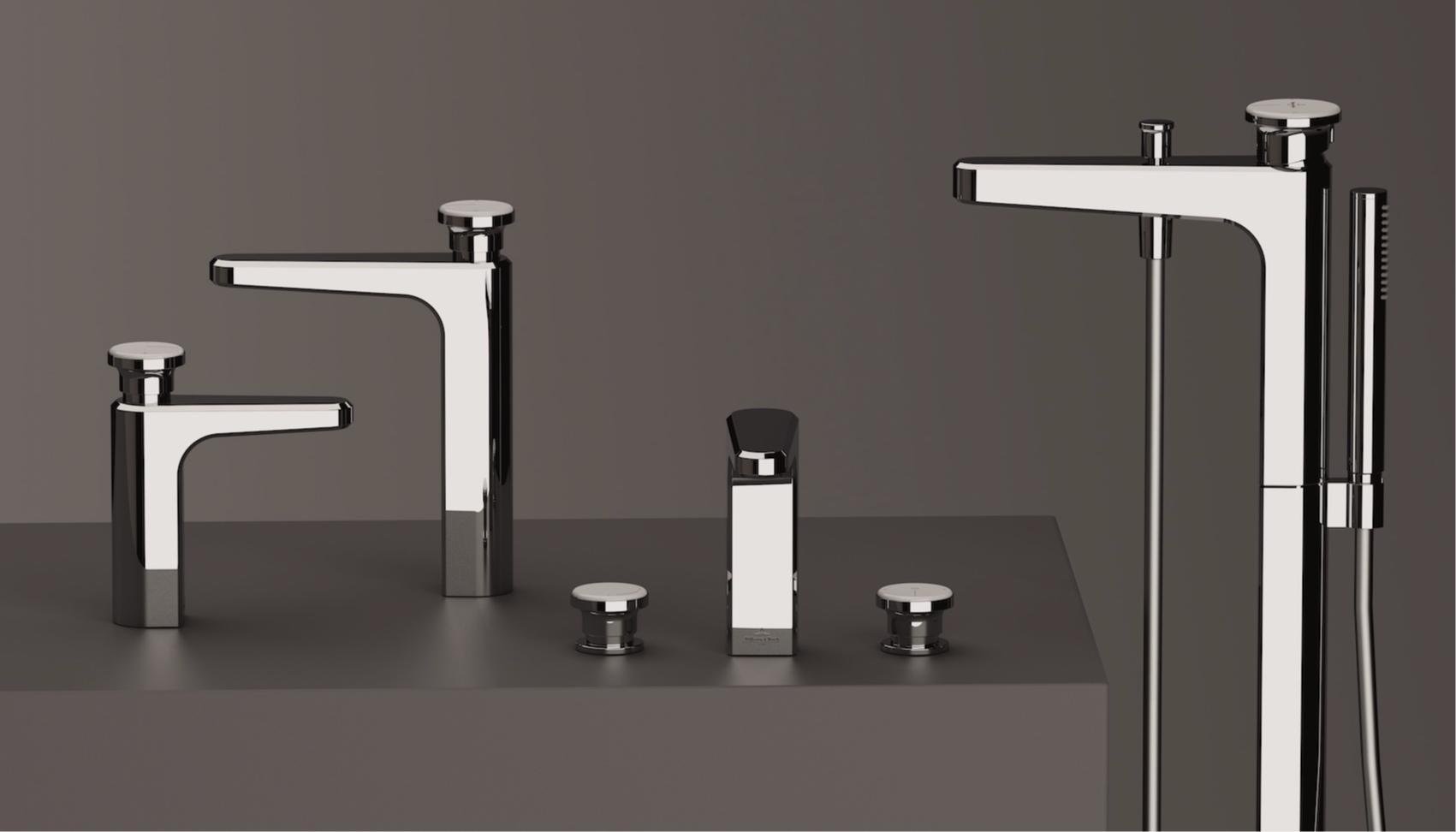Tom Reynolds – Why Trump's tariffs matter to the UK bathroom industry

Tom Reynolds – Why Trump's tariffs matter to the UK bathroom industry
While the immediate consequences of Donald Trump's decision on tariffs will be felt in the US, there will be repercussions – and opportunities – for manufacturers in the UK. Bathroom Manufacturers Association chief executive Tom Reynolds explains.
Donald Trump’s controversial decision to reintroduce 10% tariffs on Mexican and Canadian goods, and up to 100% tariffs on imports from China may seem like an American political manoeuvre, but its ramifications stretch far beyond US borders. For industries in the United Kingdom – particularly manufacturing sectors like bathrooms – it’s a policy shift that threatens to disrupt supply chains, inflate costs, and shake global trade norms in ways that cannot be ignored.
The General Agreement on Tariffs and Trade (GATT), established in 1947, marked a global effort to bring stability and predictability to international commerce. Later replaced by the World Trade Organization (WTO) in 1995, the institution has since served as the bedrock of multilateral trade agreements designed to prevent economic nationalism and protectionism from spiralling into trade wars. Central to the WTO’s principles is the concept of “most favoured nation” (MFN), which requires member countries to treat all other WTO members equally when it comes to trade. For example, if a country reduces tariffs for one trading partner, it must offer the same terms to all others. This principle ensures a level playing field and prevents discriminatory trade practices. However, Donald Trump’s new tariffs picking out its 3 largest trading partners challenge this cornerstone of WTO rules, with the justification of “national security” providing a tenuous loophole. If the United States, as the WTO’s largest and most influential member, disregards its own commitments, it raises a troubling question: what is to stop other major economies like China from doing the same? A breakdown in adherence to MFN principles could quickly unravel the global trading system.
For the UK, this poses a significant risk. As a nation heavily reliant on international trade, our industries are tied to the health of the global trading system. The bathroom sector, for instance, depends on China for much of its supply chain, from raw materials to components and finished goods, and on the US for foreign direct investment. A breakdown in WTO discipline could lead to a surge in protectionist measures worldwide, destabilising supply chains, increasing costs, and making the UK’s domestic manufacturers vulnerable to trade diversion and dumping. In such a scenario, countries with less adherence to trade rules could flood our markets with cheap, subsidised goods, putting domestic industries under severe strain.
The immediate consequences of Trump’s tariffs will be felt in the United States, where they are likely to exacerbate inflationary pressures. Tariffs raise the cost of imported goods, which can quickly translate into higher prices for consumers. This comes at a precarious time for the Federal Reserve, which has been battling inflation with a series of aggressive interest rate hikes. Higher tariffs could force the Fed to maintain elevated interest rates for longer than expected, creating a ripple effect through global financial markets. Where the Fed leads, other central banks often follow, and the Bank of England may be compelled to keep rates high as well. For industries like ours, which depend on a buoyant housing market to drive demand for new builds and renovation, this is unwelcome news. High interest rates dampen housing activity, further squeezing an already challenging market.
Yet, in chaos, there can be opportunities. If the global trading environment becomes less predictable, it may incentivise UK manufacturers to diversify supply chains and seek more domestic or regional sources of materials and components. A rebalancing towards local production could enhance resilience and reduce exposure to the risks of over-reliance on countries like China. Furthermore, as trade policies shift, there may be opportunities to strengthen partnerships with countries seeking alternatives to the US or China as trading partners.
The UK Government must advocate strongly for the preservation of WTO rules and actively participate in shaping global trade policies to protect our interests. Simultaneously, businesses must remain agile, building greater flexibility into their operations to adapt to a rapidly changing environment. Like many others, the bathroom industry will need to keep its focus on quality, sustainability, and efficiency while game-planning the turbulent dynamics of an increasingly protectionist world.
Trump’s tariffs are more than just an American issue. They are a reminder of how interconnected the global economy is and how fragile the institutions underpinning it can be. For the UK, the challenge lies in mitigating the risks while seizing any opportunities that arise. And in the meantime, let’s hope the President-Elect's rhetoric on trade tariffs is simply an “art of the deal” tactic.
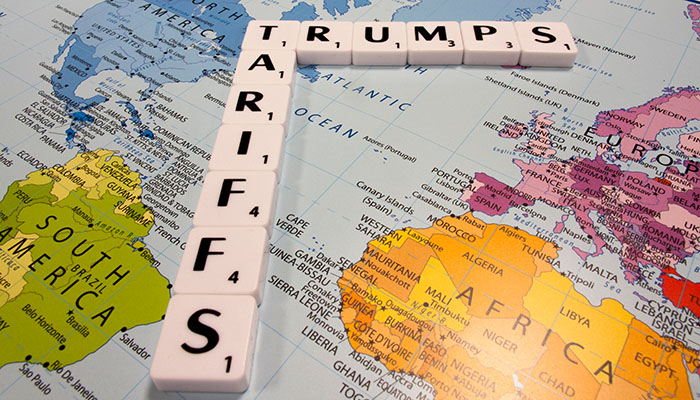
Tags: insight, features, tom reynolds, trump's tariffs, bathrooms






